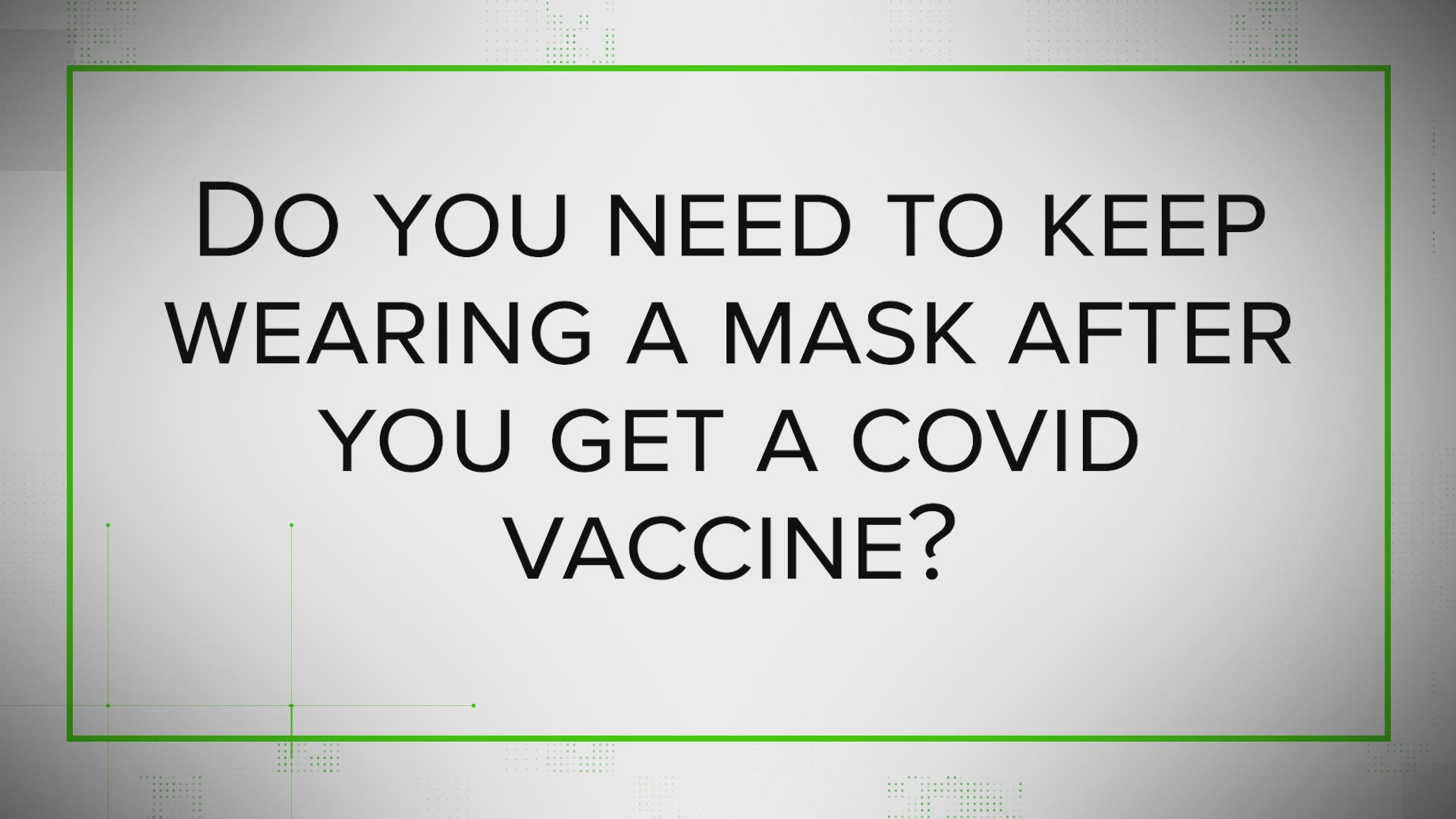The first week of COVID-19 vaccine distribution has provided plenty of pictures and videos of vaccine doses arriving at hospitals around the country. Some even got the ESPN theme music treatment.
You're asking the Verify team why they're transported and stored in these freezing cold boxes, and we got the answer from the experts.
QUESTION:
Why does the Pfizer vaccine need to be stored between -80 and -16 degrees Celsius?
ANSWER:
Its biological makeup falls apart left in a warmer environment for too long.
SOURCES:
- Dr. Lisa Maragakis, Senior Director of Infection Prevention for The Johns Hopkins Health System
- Dr. Julie Elrick, Director of Pharmacy at Winchester Medical Center
- Pfizer's vaccine administration guidance for providers
PROCESS:
Thousands of doses of the Pfizer vaccine have been sent out to hospitals around the country in specialized, freezing cold containers. Once they arrive, the vials need to be kept at between -80 and -60 degrees Celsius. Many hospitals, like Valley Health in Winchester, Virginia, bought special freezers to hold them.
Our experts told us that's because this vaccine is extremely sensitive, and if it's kept at the wrong temperature, its biological structure could fall apart.
"There are many different types of vaccines, but many of them contain biological substances that can breakdown or degrade and become less effective if they are exposed to high temperatures," Dr. Lisa Maragakis said. "Two of the new COVID-19 vaccines contain messenger RNA, a biological nucleic acid substance, that must be kept at extremely low temperatures to keep it intact so that it will still be effective at the time of vaccination."
The Messenger RNA in the COVID-19 vaccines is like the instruction manual that our body needs to learn how to fight off severe disease caused by the virus. That mRNA is essential to the efficacy of the vaccine, and healthcare workers are making sure they take good care of it.
"The Pfizer vaccine is very, very sensitive, so if it is exposed to room temperature for more than three to five minutes, it actually begins to thaw," Dr. Julie Elrick said. "Once the vaccine is thawed, we only have five days which you would have to then administer it. In the freezer it is good for six months. So we don't want to thaw vaccine until we're ready to get it moved to our clinics."
Pfizer's vaccine administration guidance for vaccination providers details very specific instructions for storing the vaccine: "Vials must be kept frozen between -80ºC to -60ºC (-112ºF to -76ºF) and protected from light until ready to use."

